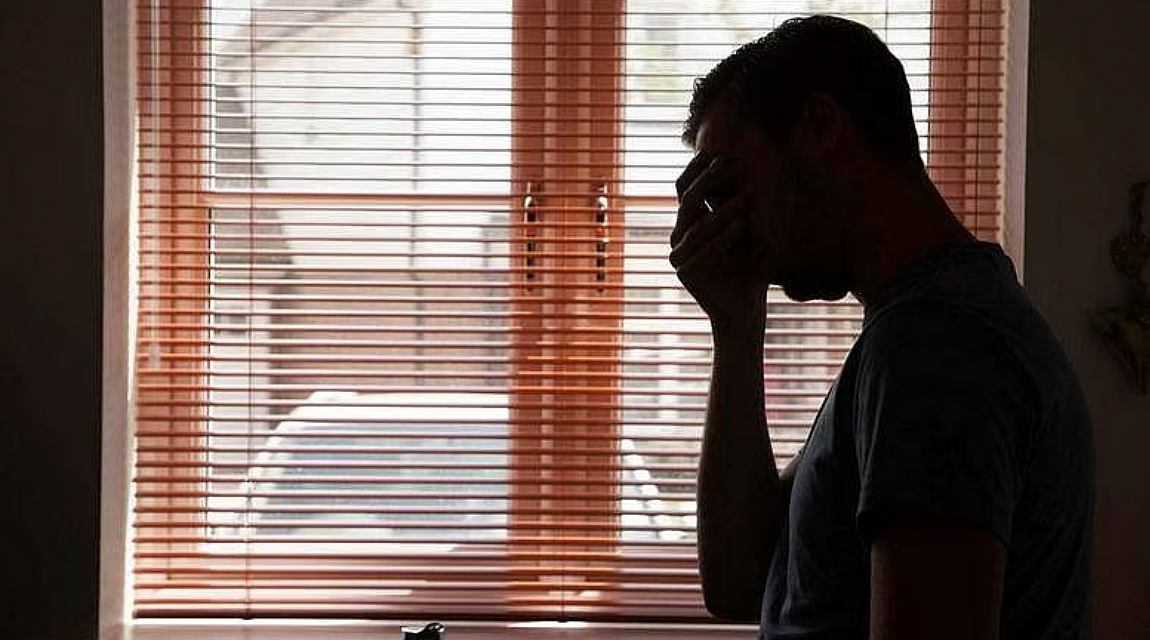
For many UAE residents, mental health is no longer a taboo topic — even in a society where emotional struggles were once viewed as a sign of weak faith or character.
An increasing number of people are recognising that stress, burnout, and depression are not spiritual failings but real challenges that deserve understanding, care, and professional attention.
According to the 2025 Cigna Healthcare International Health Study, which surveyed more than 11,800 people across 13 global markets, 27 per cent of UAE residents now rank mental wellbeing as their top personal priority — slightly ahead of physical health at 26 per cent. The study also found that mental wellbeing in the UAE rose to 64 per cent, seven points higher than 2024 and 21 points above the global average.
Stay up to date with the latest news. Follow KT on WhatsApp Channels.
Despite this encouraging progress, emotional strain remains widespread. About 80 per cent of respondents said they often feel agitated, 76 per cent admitted to overreacting to situations, and nearly 79 per cent of women reported struggling to start tasks.
Young adults appear most affected, with one in five aged 18–24 describing their stress as unmanageable. Workplace pressure remains intense as well — 84 per cent experience ongoing stress, and 41 per cent said it disrupts their sleep.
Evolving cultural perceptions
Experts say that cultural attitudes toward mental health are shifting — slowly but meaningfully.
“In my sessions, I encounter the belief that struggling emotionally reflects a weakness in faith or character. Many clients tell me they’ve been advised to “just have faith” or “pray more”. But without emotional support and a safe space to process pain, that advice often becomes counterproductive,” said Girish A. Hemnani, a Dubai-based life coach and energy healer.
“It leads to what I call spiritual bypassing, where faith is used to avoid feeling, rather than to deepen understanding. I’ve met people who, despite being deeply spiritual, confess to feeling a ‘declining faith in faith,’” he added, noting that faith is not meant to be forced; it’s meant to be felt.
“We can only feel (faith) when the heart is open. That openness comes from authenticity and boundaries, from giving ourselves permission to acknowledge pain, not suppress it. Unresolved emotions block spiritual connection; processed emotions create space for it. So, when we clear our inner clutter, we don’t lose faith, we actually rediscover it.”
A shift towards mental health awareness
Dr Shaju George, specialist psychiatrist at International Modern Hospital Dubai, explained, that historically, people in the UAE have focused more on physical health.
“The focus was on diet, fitness, chronic disease prevention — while mental health was often overlooked. This was due to social stigma, lack of awareness, and limited mental health infrastructure. However, in recent years there’s been a clear positive shift. Campaigns by the Ministry of Health and Prevention (MoHAP) and major hospitals have helped normalise discussions around depression, anxiety, and stress management.”
Dr George emphasised culturally sensitive approaches. “Men, in particular, may suppress their emotions due to social expectations of strength. Collaborating with religious and community leaders shows that seeking help aligns with faith, not against it. Integrating mental health into primary care and workplace wellness programs, and offering bilingual, affordable, confidential services, encourages early intervention.”
Mental health care gains legitimacy
As more UAE residents challenge the old belief that “depression means weak faith,” mental health care is gaining legitimacy. The once-wide gap between emotional wellbeing and spirituality is slowly narrowing, helping dismantle long-held stigma.
Ravi Rao, a 41-year-old Indian expat in Dubai’s finance sector, said, “We used to think stress was just part of the job, something you push through quietly. But I’ve seen friends burn out. These days, I take mental breaks seriously — therapy, meditation, prayer, even simple breathing exercises. It’s not weakness; it’s smart self-care.”
Similarly, 31-year-old Egyptian resident Aisha Hassan reflected, “A few years ago, I focused only on staying fit and eating well. Now I realise that without calmness inside, nothing feels right outside. I’ve started journaling and even attending mindfulness sessions at work — it’s made such a difference.”
Nandini Sircar has a penchant for education, space, and women’s narratives. She views the world through a prism of learning: whether it’s the earthly pursuit of wisdom or the unearthly mysteries of space. In her written universe, women and children take centre stage.
